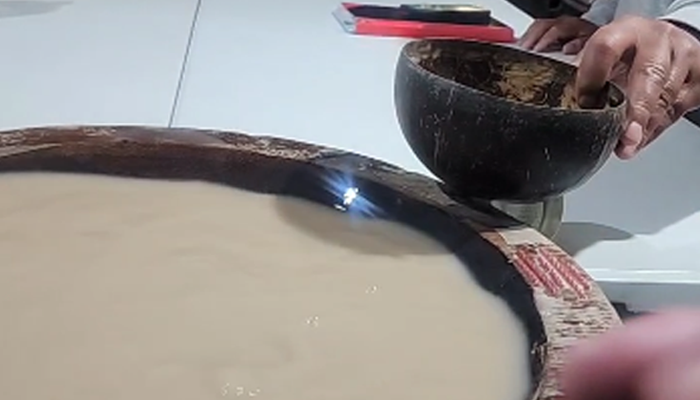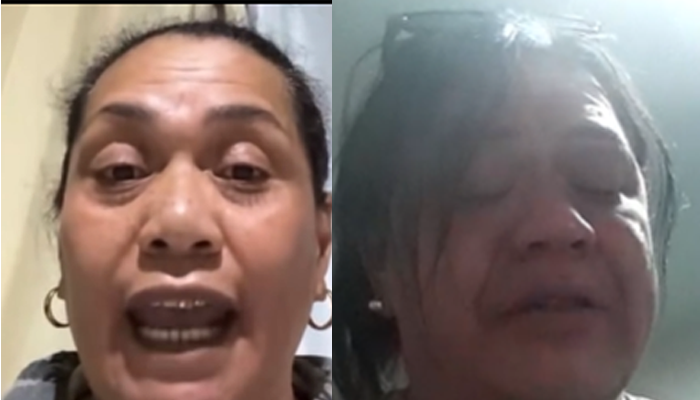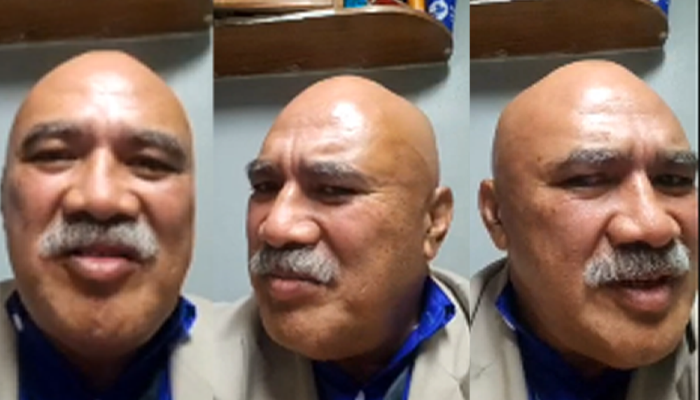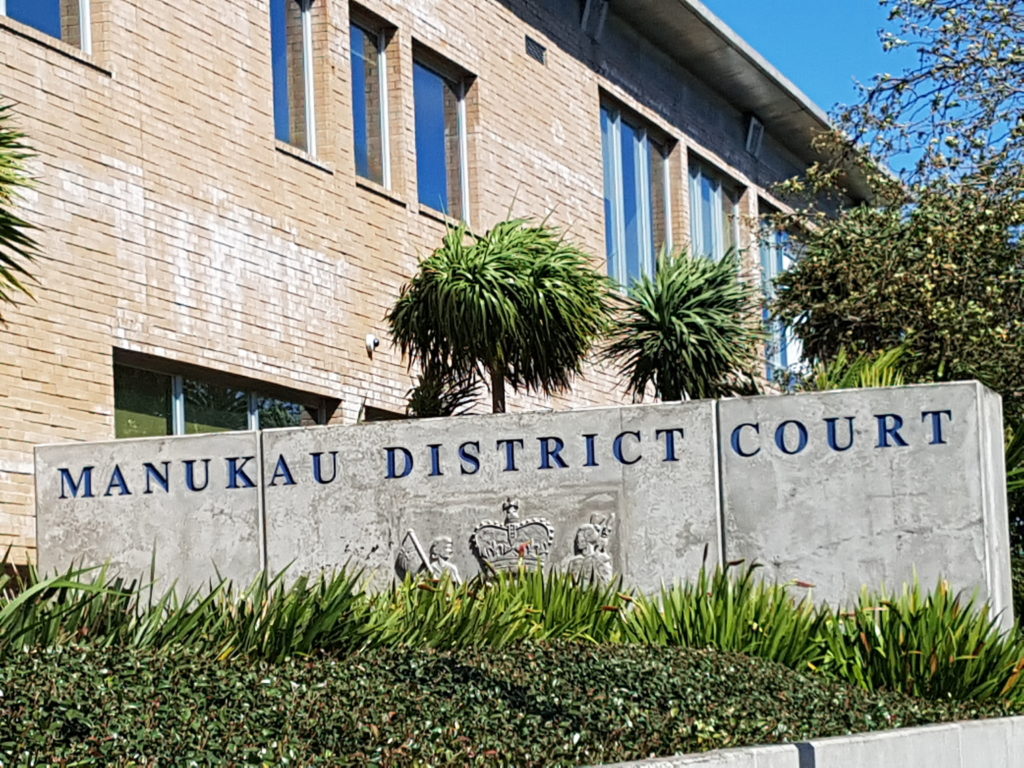Editor’s note: This story has been updated to clarify that the arrest by immigration officers did not occur at dawn, and to include Immigration New Zealand’s response.
A Tongan man was arrested for overstaying his visa, while his wife was permitted to remain with their children, according to a live social media broadcast by the mother this morning.
The incident, which occurred this morning, has sparked renewed discussions about the humanitarian considerations in NZ’s immigration enforcement practice
In an emotional Facebook livestreamed video, the mother described being awakened by a knock early this morning, before officers took her husband into custody shortly after he opened the door.
The emotional mother called this God’s will for their return to Tonga after 15 years as overstayers.
It appeared the operation was part of New Zealand Immigration’s routine compliance measures.
Through tears, the mother explained they’d followed proper channels – hiring a lawyer and obtaining an official case number. “We showed the officers the number,” she said, “but they took him anyway.”
The livestreamed video was shared over 500 times and garnered thousands of reactions, with commenters overwhelmingly expressing sympathy for the family’s plight.
“Heartbreaking to see our people treated like criminals! 15 years building a life only to be torn apart,” a commenter wrote.
“NZ should show more compassion to our Pasifika families,” another wrote in Tongan.
“How can they separate fathers from children? This system is broken. That family contributed to NZ for years – where’s the grace?”
“I sympathize but… 15 years illegal? Come on. Why never try fix visa?
“Now kids suffer because of parents’ mistakes. Hard lesson.”
“Many of us migrated the right way – working hard for papers. This makes it harder for all Tongans trying to do things properly.”
INZ Acknowledges Hardship But Offers No Path
The visa processing body has expressed understanding of the hardships this Tongan family is enduring.
“Immigration New Zealand remains committed to upholding the integrity of the immigration system and ensuring that individuals residing in New Zealand do so lawfully,” said Steve Watson, General Manager Immigration Compliance and Investigations
“Mr and Mrs Tonga have been living unlawfully in New Zealand for an extended period. Mr Tonga’s visa expired on 26 June 2008, and Mrs Tonga’s visa expired on 30 April 2012.
“Over the years, the couple have made several attempts to resolve their immigration status, including multiple unsuccessful section 61 requests and at least three ministerial intervention requests between 2020 and 2024.
“Immigration Compliance has worked closely with the family to identify lawful pathways. Despite these efforts, the family did not make arrangements to leave New Zealand. As a result, deportation notices were served during regular operating hours on 11 August 2025.
“Mr Tonga was detained under the Immigration Act and transported to the Auckland Custody Unit for the purpose of deportation. Mrs Tonga was served with a Deportation Order and released under a Residence and Reporting Requirements Agreement (RRRA), taking into account the couple’s two children. Although born in New Zealand, the children do not currently hold lawful immigration status, as children born in New Zealand after 1 January 2006 automatically hold the most favourable visa status of their parents.
“Arrangements are underway for Mr Tonga’s deportation, with a flight tentatively scheduled for later this week. Immigration Compliance will continue to engage with Mrs Tonga to support her voluntary departure alongside the children.
We understand this is a disappointing outcome for the family. However, unless there are exceptional circumstances that justify the granting of a visa, individuals who have overstayed must leave New Zealand.”
Vehikite Deportation and Campaign
This follows our recent report about a family’s campaign to return their relative to New Zealand after his deportation to Tonga last month.
The removal occurred after the Rotorua District Court granted Immigration New Zealand (INZ) a warrant of commitment for Paea Vehikite, leading to his detention and eventual deportation.
As previously reported by Kaniva News, Paea arrived in New Zealand in May 2009 but failed to secure a valid visa, allegedly after falling victim to an immigration scam. His wife holds a New Zealand resident permit.
New Zealand’s Labour government under Jacinda Ardern issued a historic formal apology in 2021 for the racist policing of Pacific communities during the 1970s Dawn Raids era. Many Tongan overstayers viewed this as a first step toward more compassionate treatment of future visa violators.
However, the current National-led government under Prime Minister Christopher Luxon appears to be reversing this approach, continuing dawn raid-style operations against overstayers







